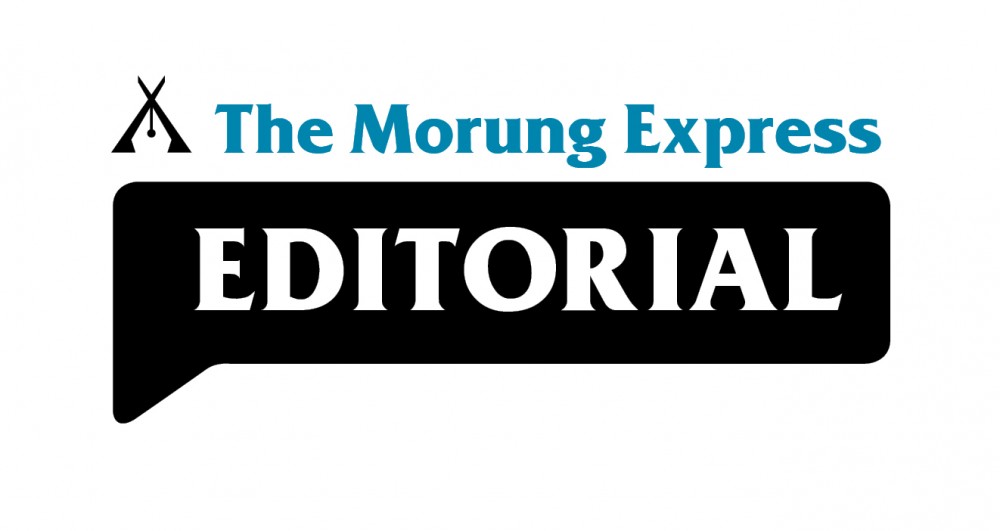
Imlisanen Jamir
Over the past week or so, the ill-gotten gains of the world’s richest man helped him acquire one of the biggest social media giants and the policies he enacted reflect the cruelty, greed, irresponsibility and violence that unchecked capitalism causes.
Elon Musk, whose father became rich as the owner of an emerald mine in South Africa during apartheid, is currently worth an estimated 208 billion dollars. As soon as he acquired Twitter for a cool 44 billion dollars, Musk laid off half the global workforce of 7,500 workers.
Many workers only realized their jobs were among those cut, when their company email accounts were abruptly deactivated without warning.
The email which let laid-off workers know their fate, signed by ‘Twitter,’ echoed the typical impersonality and cynicism that is associated with rapacious free enterprise. “This action is unfortunately necessary to ensure the company’s success moving forward,” the email read.
Coupled with the mass layoffs was a loosening of content rules — i.e. making hate speech permissible again. As openly racist tweets surged, the lay-offs included Twitter’s human rights and disability experience teams. Given the sweeping arbitrary decisions, questions arose whether the platform under this new set up would impede its widespread use by union organizers.
Such lay-offs are particularly inhumane, but this is in par for the course under capitalism.
Social media companies were the naïve dreams of some of the brilliant minds behind the creation of the internet: The digital extension of our physical existence would erase all contradictions, all inequities; it would place human beings on a plane of complete horizontality.
But the human cannot run away from the human, not even when it is organized in the form of algorithms and binary codes. Power is the old problem of our species which dates back to the times when we became ‘political animals.’ Its bite continues to poison the heart of modern society. The analogical springs of the exercise of power (property, authority, money, class) remained and even strengthened with the new technologies.
A digital network such as Facebook or Twitter, which someone might think of as a refuge against despotism or antidemocratic behavior, is nothing more than a product of a transnational company, whose main interest, by nature, is to obtain economic benefits.
While it is right to celebrate free enterprise, especially ones that help other people earn a living make their lives better, it is also important to be aware of its pitfalls.
Musk is still a tame example of what epitomizes the worst that capitalism has to offer. While it has opened up markets and ‘freed’ the common people to pursue any endeavour to enrich their lives, it has also produced a system driven to maximize profits at the expense of basic human needs.






